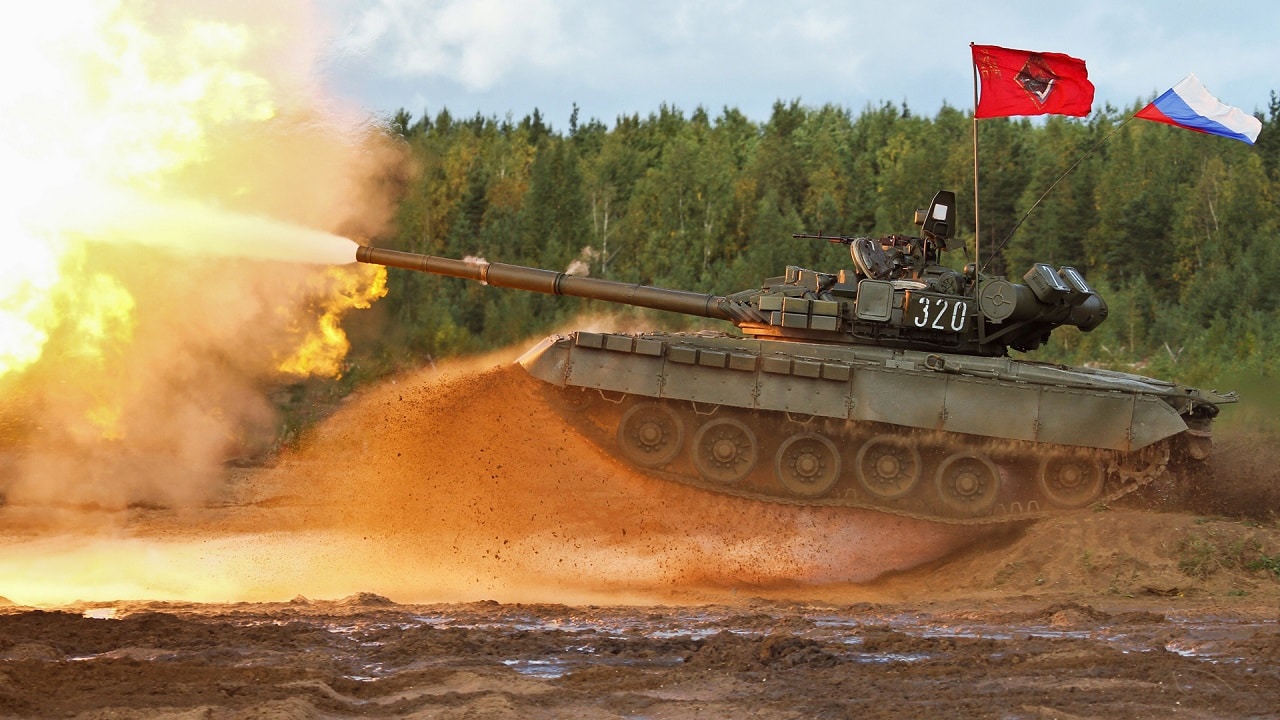Russia’s Mercenary Army is Taking a Greater Role in the Fighting in Ukraine: For days, the Kremlin has claimed victory in Soledar – the Ukrainian mining town located about 11 miles from the city of Bakhmut.
(Subscribe to Our YouTube Channel Here.)
Though it now looks to be controlled by Russian forces, the town has been mostly destroyed due to the intense fighting that began last August in Ukraine.
The now infamous mercenary unit known as the Wagner Group reportedly played a significant role in Russia’s efforts to gain control of the town
This would be Russia’s first gain on the battlefield since last summer, but it is at best a costly victory.
Moscow has maintained that capturing the town is an “important” step for its offensive in the Donbas region, yet some military analysts have downplayed Soledar’s significance.
“Even if both Bakhmut and Soledar fall to the Russians, it’s not going to have a strategic impact on the war itself,” White House National Security Council spokesman John Kirby told reporters last Thursday at the White House. “And it certainly isn’t going to stop the Ukrainians or slow them down.”
Ukraine War: A Russian Victory is Still a Victory
However, the fact that Russia has achieved even a small victory is noteworthy – as the Kremlin’s forces have failed to capture even a single town since last July. Instead, the Russian military has been driven back on nearly every front.
Notably, the Russian Defense Ministry also praised the efforts of the Wagner Group – the mercenary force financed by Yevgeny Prigozhin, the Russian oligarch who has become known as “Putin’s Chef” due to his rise to power by running a catering company favored by the Kremlin – in taking control of the mining town.
The fact that mercenaries could accomplish what the Russian Army has been unable to do in the past six months could speak volumes of the Kremlin’s handling of the war. The BBC reported this month that Wagner Group’s fighters make up about 10% of Russia’s forces in Ukraine.
Thousands have been recruited from Russian prisons.
The Shadowy Origins: Little Green Men
Before the war, the Wagner Group was made up of experienced former soldiers – notably those from Russia’s elite combat units and Special Forces. The unit was believed to have been founded by Dmitri Utkin, a neo-fascist veteran of Russia’s wars in Chechnya, and he is thought to have named it after his former radio call sign.
Its first combat operation was in Ukraine in 2014 when its “Little Green Men” took part in the fighting without official insignia, but helped Russia annex Crimea. Around 1,000 of the mercenaries then helped Russian-back separatists in the eastern Donbas region fight the Ukrainian Army.
The mercenary force has since taken part in wars in Syria and Africa – following a trend from the Soviet Union for “volunteers” to fight in foreign conflicts.
Members of the Wagner Group were believed to carry out “false flag” attacks in the Donbas region to give Russia a pretext for launching its invasion.
From Elite to Barely Organized Rabble
The Wagner Group is far from the elite unit of its founding. Today, it is a force of thugs, criminals, and men wanting to play at war – a fact noted in the high losses it has faced on the battlefield.
Yet, to aid the recruiting efforts and create a higher profile within Russia, the private military contractor opened a new headquarters in St. Petersburg.
“It is openly recruiting in Russian cities, on billboards, and is being named in Russian media as a patriotic organisation,” Dr. Samuel Ramani, of the Royal United Services Institute think tank, told the BBC.
An advantage of using private military contractors (PMCs) in foreign conflicts is that it allowed the Russian state to help hide combat losses from the Russian public. As the units weren’t part of the official Russian military, their casualties do not count in the official Russian Ministry of Defense (MoD) reports.
However, even as the Kremlin has praised the Wagner Group for its recent efforts in achieving a victory in Soledar, tensions have remained between the unit and the Russian military. Prigozhin has openly criticized Russia’s handling of the war, while rank-and-file mercenaries had accused Chief of the General Staff of Russia’s army, Valery Gerasimov, of forcing them to do the heavy fighting.
Targeting the Wagner Group
Ukraine has also certainly done its best to strike at the mercenary force.
Last month, Ukrainian forces targeted a hotel in Russian-occupied Kadiivka, Luhansk, which served as the headquarters of the Russian Wagner mercenary group. Dozens were killed in the strike, while another Wagner Group unit was also the target in the occupied city of Melitopol.
Author Experience and Expertise: A Senior Editor for 19FortyFive, Peter Suciu is a Michigan-based writer. He has contributed to more than four dozen magazines, newspapers, and websites with over 3,200 published pieces over a twenty-year career in journalism. He regularly writes about military hardware, firearms history, cybersecurity, politics, and international affairs. Peter is also a Contributing Writer for Forbes and Clearance Jobs. You can follow him on Twitter: @PeterSuciu.

